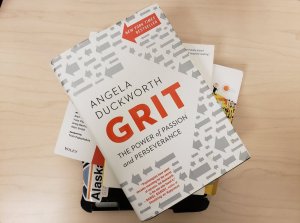Do your board members see themselves as peers? Is there mutual trust and candor? In the first part, I listed the four practices that must be fostered among board members – open dissent, individual board member accountability, a climate of trust and candor, and above all, timely board evaluations to assess the board and individual board member impact.
Every boardroom needs a climate of trust and candor.
Say no to side-stepping on issues or avoiding difficult topics. Great CEOs communicate in detail the key issues to all directors so that they digest it as a whole. One of the tell-tale signs of a bad CEO is the tendency to sneak in contentious issues the night before or during the meeting. Such a practice is very bad. If the board chairman is weak, the board may become a total dysfunction. You want to keep the board members updated about all the contentious and difficult issues so that they are thoroughly discussed. Some boards are so serious that if the issue was not on the agenda, and papers submitted at least 10 days before the meeting, they cannot discuss the item!
Great CEOs know that it is not good practice to suffocate board members of information. They may end up creating informal channels to get information from staff, which risks undermining government structures and could lead to dysfunctions.
Want to empower your board to add value? Be a great communicator. Promote trust and candour. Leave no stone unturned. Do not allow your board members to be surprised about what is taking place internally.
To be continued…


